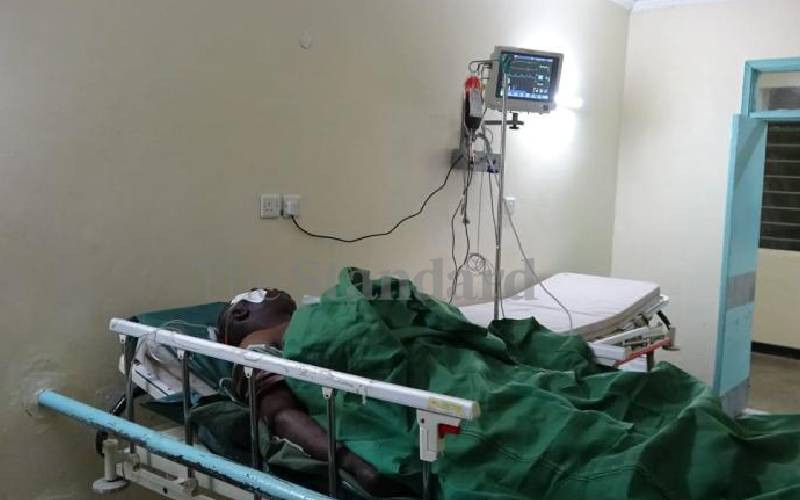
There have been two clear improvements along the 103km Kisumu-Nandi-Kericho counties border. The first is decision by voters of a ward in Tinderet Constituency, Nandi County, who rejected a leader for financing them to commit ethnic violence against their neighbours.
The second are the brave police officers who arrived in Songhor after the 2017 killings, and whose honest work has reduced ethnic violence. The improvements prove it is possible for the Nandi, Luo, and Kipsigis communities to defeat limited thinking from their politicians and maintain peace.